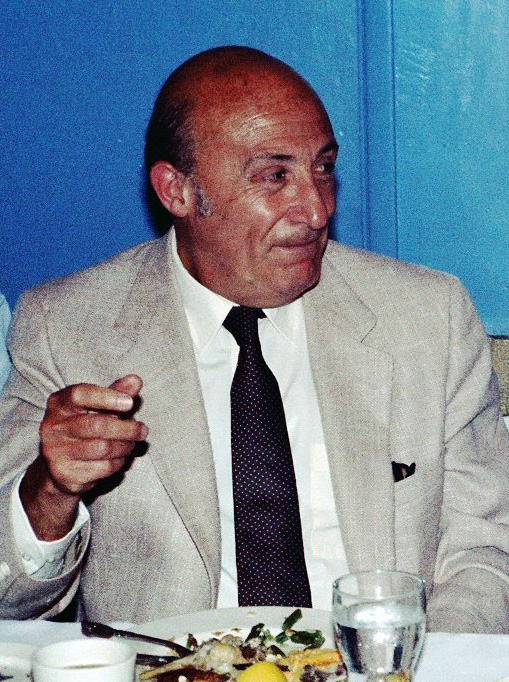The term "comics" long ago became obsolete and inaccurate. It merely defined the content of the early joke-based comical strips. "Sequential Art" is a more accurate description of the form. I first suggested it because I believed something needed to be done to correct the feeling of inferiority by artists and writers in this field.

"William Erwin "Will" Eisner" was an American cartoonist, writer, and entrepreneur. He was one of the earliest cartoonists to work in the American comic book industry, and his series The Spirit (1940–1952) was noted for its experiments in content and form. In 1978, he popularized the term "graphic novel" with the publication of his book A Contract with God. He was an early contributor to formal comics studies with his book Comics and Sequential Art (1985). The Eisner Award was named in his honor, and is given to recognize achievements each year in the comics medium; he was one of the three inaugural inductees to the List of Eisner Award winners#The Will Eisner Award Hall of Fame/Will Eisner Comic Book Hall of Fame.
If you enjoy these quotes, be sure to check out other famous cartoonists! More Will Eisner on Wikipedia.Superheroes are mostly aimed at young teen-age males concerned with their manhood. The medium will have to address itself more to content. . . . I see 22 year olds draw massive Schwarzenegger types, outfitted with metal studs, pressing a mostly naked woman to their breastplates. And I think "Poor girl, that's got to be cold."
A key to my thinking has always been the almost fanatical belief that what I was engaged in was a literary art form. That belief was compounded out of ego and necessity, I guess, a combination of the two.
The work we do is as demanding as any of the great painters because nothing that happens on the page of a comic is accidental. It has to be imagined first in your mind before you do it. Those of us who know something about the art of painting know that working on a canvas, very often a lot of serendipitous things happen that work to the advantage of the painter ultimately.
All professionals should teach at some time in their career because they are obliged to pass on what they have learned.
I did not have the dreams that the other artists working with me had, of 'moving uptown,' becoming an illustrator or a gallery painter, or those others who said, 'I'm going to go uptown and be a writer, I'm going to work for The New Yorker one day and escape this ghetto.' For me, there was no escape.
In the beginning of the century, in 1900, the newspapers in this country began running comic strips, and they were called jokes or funnies. The word comics developed later, but it is that that began to give the name - the ambience of comics - the feeling of being a frivolous kind of art-form.
Memory is a very amorphous thing. It is selective and shaped by emotion . . . people are constantly in pursuit of the details of their past because it is from that they determine their own identity upon which they can base their strategy of survival.
It's very important for me to maintain contact with the reader, because I'm writing to someone, and I'm desperately eager to achieve believability.
Copyright © 2024 Electric Goat Media. All Rights Reserved.